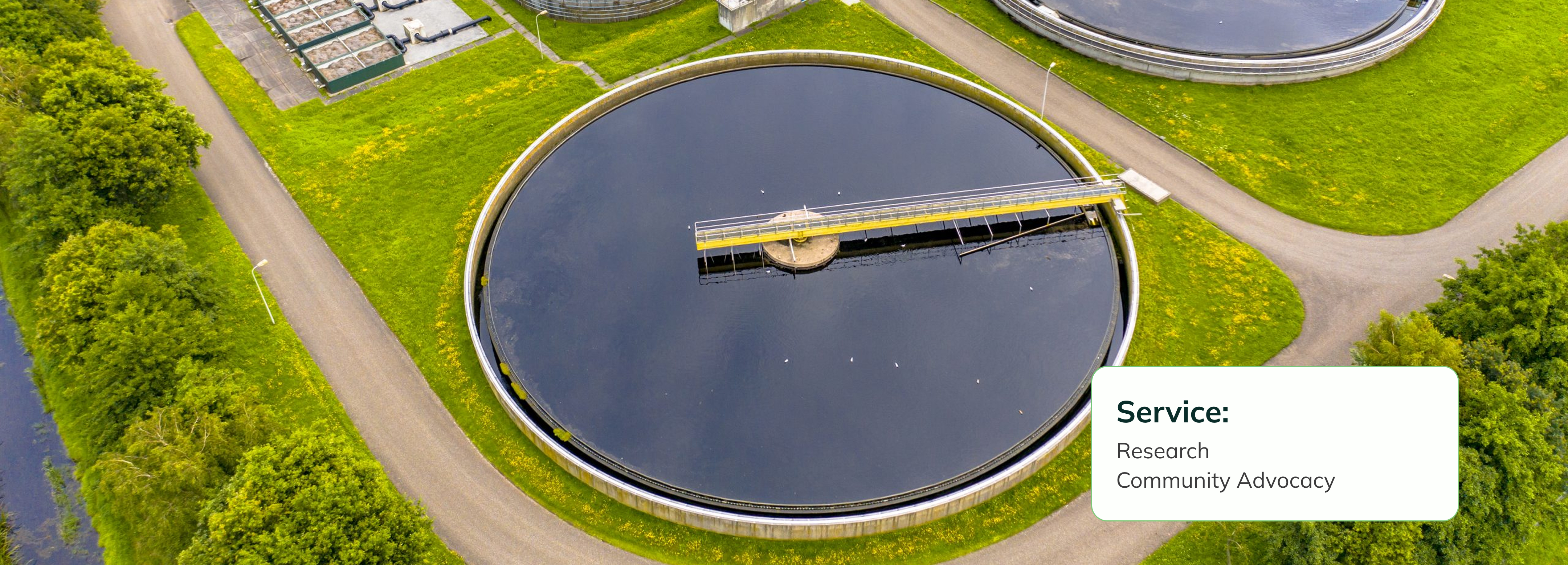Cities face increasing pressure to protect public health while maintaining essential services during pandemics and disasters. My COVID-19 study on wastewater workers highlighted critical vulnerabilities in municipal operations. As a strategic risk planner and advisor, we assessed occupational exposure to strengthen continuity plans and build resilience across departments. With data-driven insights and crosssector expertise, our study can equip municipalities with information to proactively mitigate risk, protect essential workers, and ensure public confidence in times of crisis
Approach:
The study established a baseline of occupational and health factors among wastewater workers by collecting survey data from 246 national respondents. A susceptibility evaluation scoring system was developed to quantify risks, and categorize workers into three groups:
1. Low Susceptibility
2. High Occupational Susceptibility (high exposure due to job tasks)
3. High Health Susceptibility (higher risks due to personal health conditions)
The study integrated CDC COVID-19 risk data to highlight risk patterns and their intersectionality with job roles and individual health.
Result:
The findings demonstrated that susceptibility to workplace hazards is not uniform and is influenced by personal and occupational factors. The study provided a framework for incorporating individual risk variables into occupational health assessments, aiming to improve protections for this essential workforce.
Relevance to Environmental Workforce Protection
This research promotes workplace safety for environmental workforce by advocating for equitable health protections for wastewater personnel. Here’s how:
Recognition of Vulnerable Populations
The study highlights that certain groups (e.g., age, workers with pre-existing health conditions) face disproportionate risks, ensuring their needs are considered in workplace safety protocols.
Data-Driven Policy Change
By quantifying risk disparities, the study provides evidence-based recommendations for workplace policies that protect all workers fairly.
Workplace Equity
The persona-based risk framework supports tailored interventions, such as personalized protective measures and job-specific safeguards, ensuring equal access to a safe work environment for all personnel.
Sustainability & Workforce Resilience
Protecting wastewater personnel helps maintain public health infrastructure, preventing workforce depletion and ensuring long-term community well-being.


